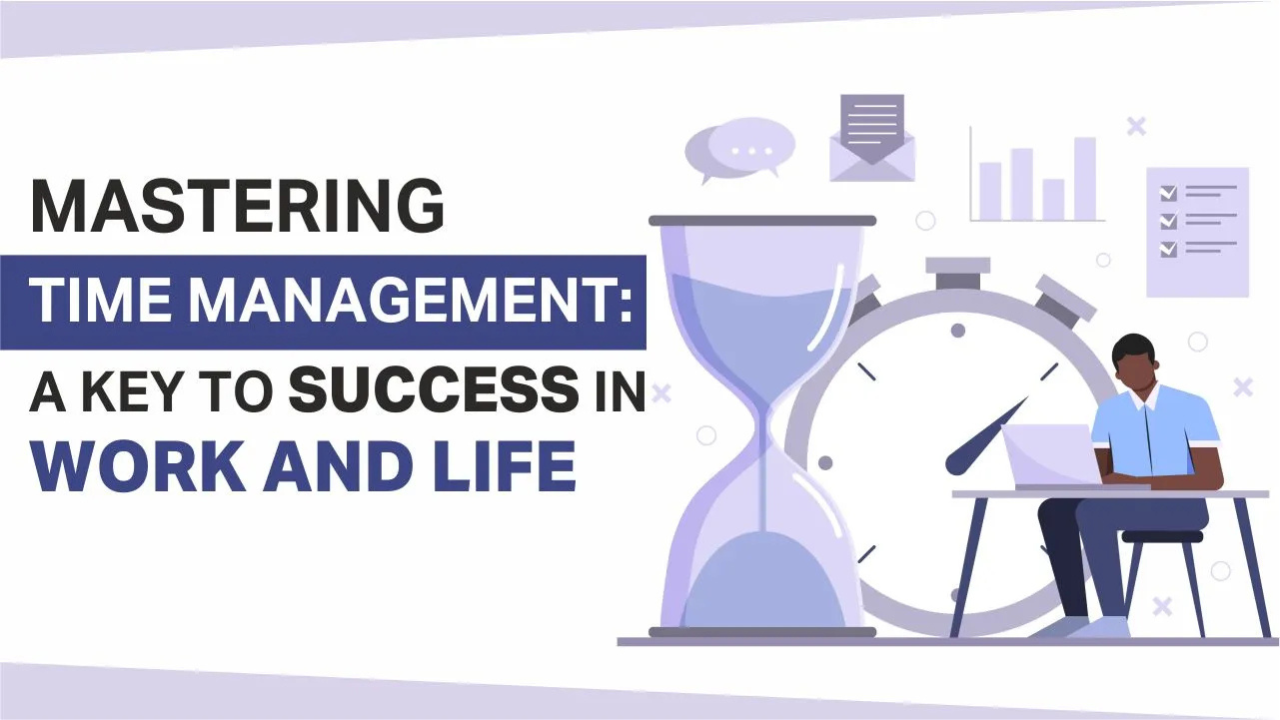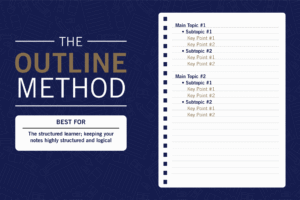
Mastering Time Management for Students: Tips for Academic Success
Introduction:
Time is one of the most valuable resources a student has. How you manage your time can have a profound impact on your academic performance, mental well-being, and overall productivity. Effective time management helps you stay organized, reduce stress, and accomplish your goals more efficiently. Whether you’re in high school, college, or beyond, mastering time management is essential for academic success. In this article, we’ll guide you through the most effective time management strategies to help you make the most of your time.
Why Time Management Matters
As a student, it’s easy to feel overwhelmed by assignments, exams, extracurricular activities, and personal commitments. Poor time management can lead to stress, procrastination, missed deadlines, and subpar grades. However, by learning to manage your time better, you can significantly improve your academic performance and reduce anxiety.
On the flip side, good time management leads to:
- Increased productivity and efficiency.
- Reduced last-minute stress.
- More time for relaxation, hobbies, and self-care.
With effective time management, you can balance your academic responsibilities with personal activities, leading to a healthier, more enjoyable student experience.
Identifying Time Wasters
The first step in mastering time management is identifying time-wasters. These are activities or habits that consume your time without contributing to your academic success or personal growth.
Common distractions include:
- Social media: Checking social media multiple times a day can eat up hours of your time without you even realizing it.
- Procrastination: Putting off important tasks until the last minute can lead to unnecessary stress and rushed work.
- Ineffective study habits: Studying without a clear plan or aim can be counterproductive.
Take a week to track how you’re spending your time. Once you identify your personal time-wasters, you can take steps to eliminate or reduce them.
Setting SMART Goals
Setting clear, achievable goals is crucial for effective time management. One of the best ways to structure your goals is by using the SMART framework. SMART stands for:
- Specific: Define your goal clearly.
- Measurable: Ensure you can track your progress.
- Achievable: Set a realistic goal based on your abilities and resources.
- Relevant: Make sure the goal aligns with your priorities.
- Time-bound: Set a clear deadline for completing the goal.
For example, instead of saying, “I want to study more,” try a SMART goal: “I will study for 2 hours every day after school to prepare for my chemistry exam in two weeks.” This goal is clear, measurable, achievable, relevant, and time-bound, making it easier to stay on track.
Creating a Study Schedule
One of the most effective time management tools is a well-planned study schedule. A study schedule helps you allocate time for each subject or task, ensuring that nothing is left to the last minute. Here’s how to create one:
- List all your assignments and exams: Write down all deadlines and exams for the semester.
- Allocate time: Based on the deadlines, determine how much time you need to dedicate to each task.
- Prioritize tasks: Start with the most urgent or challenging assignments.
- Use digital tools: Google Calendar, Trello, or Notion can help you organize your study sessions and deadlines. Setting reminders will keep you on track.
Make sure to leave some buffer time in your schedule to account for unexpected events or delays.
The Pomodoro Technique: Boosting Focus
The Pomodoro Technique is a time management method that helps you work in focused intervals, with short breaks in between. The process is simple:
- Work for 25 minutes (one “Pomodoro”).
- Take a 5-minute break.
- After completing four Pomodoros, take a longer break (15-30 minutes).
This technique helps improve concentration, reduce distractions, and prevent burnout. By working in short bursts, you’re more likely to stay focused and productive. You can use a timer on your phone or a Pomodoro-specific app to stay on track.
Prioritizing Tasks with the Eisenhower Matrix
The Eisenhower Matrix is a powerful tool to help you prioritize tasks. It divides tasks into four categories based on urgency and importance:
- Urgent & Important: These are tasks that need immediate attention, like exam preparation or project deadlines.
- Important but Not Urgent: These are long-term goals or tasks that contribute to your academic success but don’t have an immediate deadline, like studying for a future test or planning a project.
- Urgent but Not Important: These tasks are often distractions, like checking emails or answering non-essential messages.
- Neither Urgent nor Important: These are activities that don’t contribute to your academic or personal goals, like binge-watching TV shows or scrolling through social media.
By categorizing your tasks this way, you can focus on what truly matters and avoid wasting time on non-essential activities.
Avoiding Procrastination
Procrastination is a major barrier to effective time management. It often occurs when tasks seem overwhelming or unpleasant. Here are some tips to beat procrastination:
- Break tasks into smaller steps: Large assignments can feel daunting, but breaking them into smaller, manageable tasks makes them more achievable.
- Set deadlines: Even for tasks that don’t have specific deadlines, setting your own deadlines can create a sense of urgency.
- Use the “2-Minute Rule”: If a task takes less than 2 minutes, do it immediately. This reduces the mental load of having tasks hanging over your head.
- Stay accountable: Tell someone about your goals or set up regular check-ins to stay motivated.
Balancing Academics and Personal Life
While academics are important, it’s essential to maintain a balance between work and play. Overloading yourself with academic tasks can lead to burnout and decreased productivity. Here’s how to strike a healthy balance:
- Take regular breaks: Your brain needs rest to recharge. Take breaks every hour to avoid fatigue.
- Prioritize self-care: Make time for physical activity, hobbies, and relaxation.
- Set boundaries: Learn to say no to activities or commitments that don’t align with your goals.
Take Control of Your Time
Mastering time management is not an overnight process; it requires practice and consistency. By identifying time-wasters, setting clear goals, creating a schedule, and using proven techniques like the Pomodoro Method, you can dramatically improve your academic success and reduce stress. Remember, the key to effective time management is finding a system that works for you and staying consistent with it. Take control of your time today and set yourself up for a successful academic journey!



